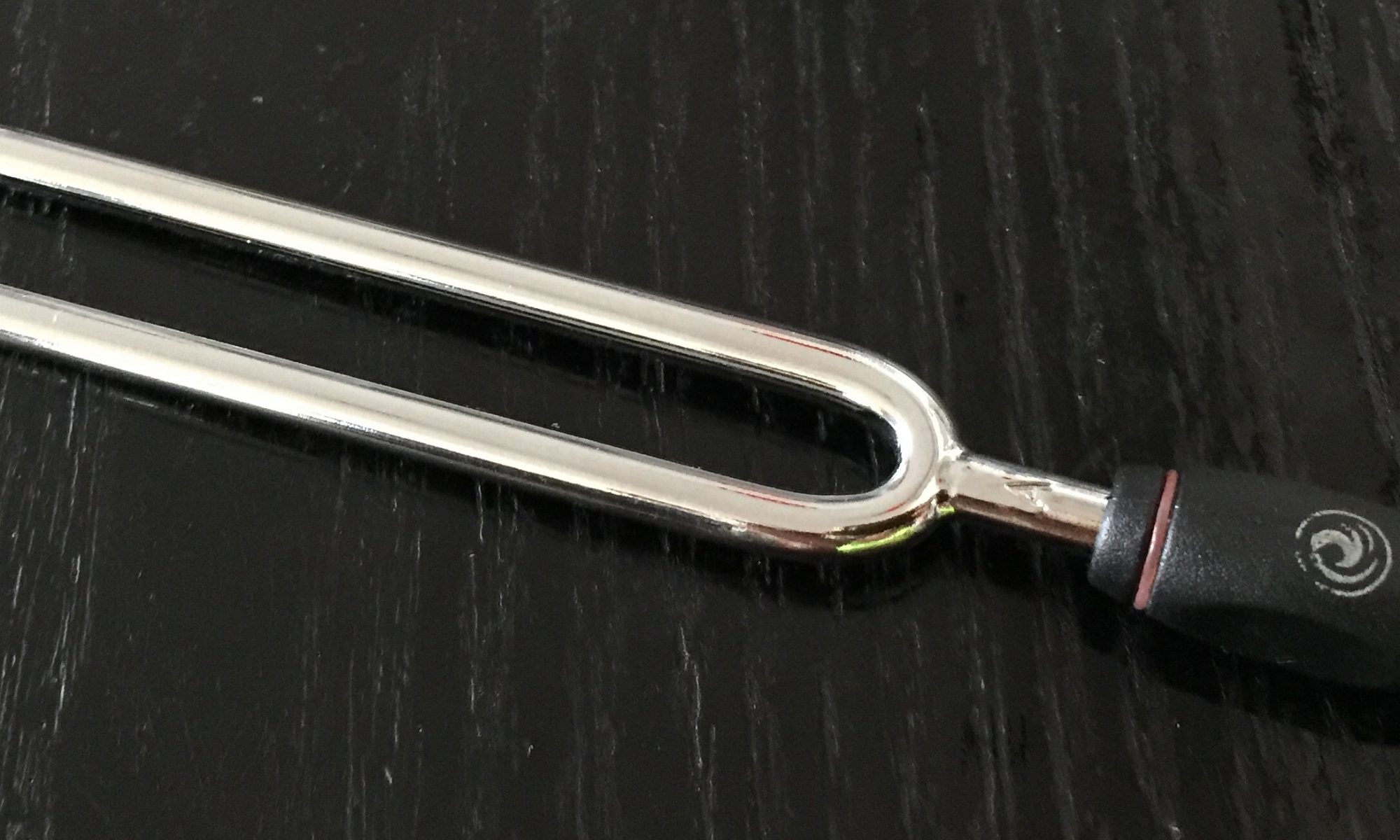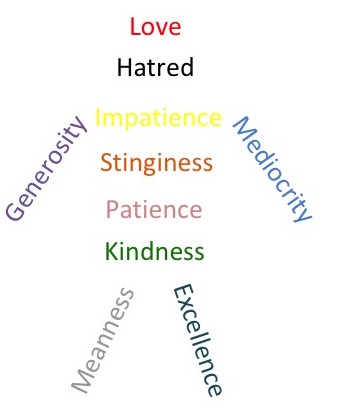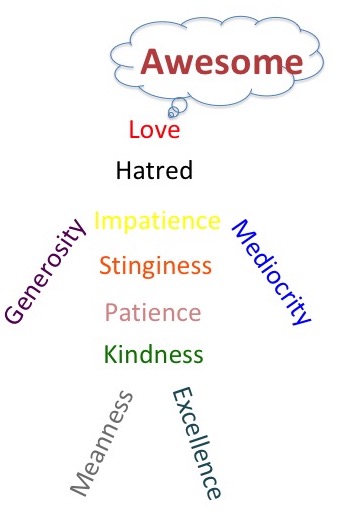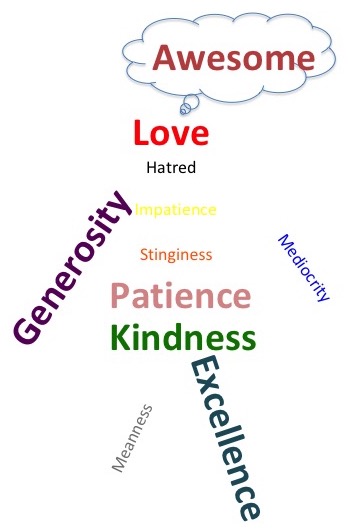It is really not easy being parents. Many of us struggle daily with parenting, with the various challenges we face with our children, more so if our children have special needs.
Many times we feel we have failed as parents because our children are “too sensitive”, “too insensitive”, “too active”, “too inactive”, “too loud”, “too quiet”, and “too clingy”, “too independent”, and the list goes on. We feel others judging us for the behaviour of our children. We feel (dare I say it?) embarrassed by what our children do or how they behave.
Such feelings are normal. Having such emotions do not make us less worthy parents. We do not need to feel ashamed of feeling embarrassed. What we need to do, however, is to recognise the emotion and remind ourselves we are doing our best. And, more importantly, remind ourselves that our children are doing their best. They are who they are. We cannot change that. What we can do is to change the level of our acceptance to their quirkiness, their uniqueness. At the same time, we can gently guide them, with the patience to know it may take hundreds, if not thousands of repetitions before our guidance sink in.
Many parents lose faith and patience because they do not see results. Unfortunately, that negatively affects the children who may end up feeling unloved and unaccepted. That then causes them to act up even more, not because they want to, but because unmet needs trigger tantrums, outbursts and all sorts of behavioral challenges.
As difficult as the journey may be, one thing I have realised in my own parenting journey is that challenges yield growth. The more challenges I face with my children, the more I grow as a person. I become more loving, more patient, more accepting, more creative. They are NOT a problem I need to fix. They are helping me identify MY gaps so I can grow, so I can guide them without spirally negatively downward in anger and frustration.
A few days ago, I was commenting to my teens that I feel so blessed they are so easy-going, accommodating and pleasant to be around. They did not become rebellious, argumentative, rude or dismissive towards me or their dad. I’m grateful they are able to respectfully discuss the differences in their desires from what we, the parents, have in mind for them.
My teens concurred. Indeed they rarely, if ever, felt the need to rebel or fight us. “You are really blessed,” they agreed wholeheartedly, pleased with themselves.
But I said to them, “Maybe the way you were parented had something to do with it. If your dad or I had constantly forced you to do what we want you to do, you would probably rebel and fight us at every point. If we had shouted at you or hit you to get you in line instead of explaining and getting buy-in from you, you wouldn’t be so respectful towards us. So while we are blessed to have teens like you, you two are blessed to have parents like us.”
The teens thought for a moment and nodded. “Yes, mom. You are right.”
Parenting is about building relationships. What we put into the relationship is what we will reap from it. Sow respect and we will gain respect. Sow love and we will gain love. Our garden is dependent on the seeds we sow. The earlier we plant the seeds, the sooner we see the harvest.
What kind of “harvest” would you like to have?
Happy Parenting!











